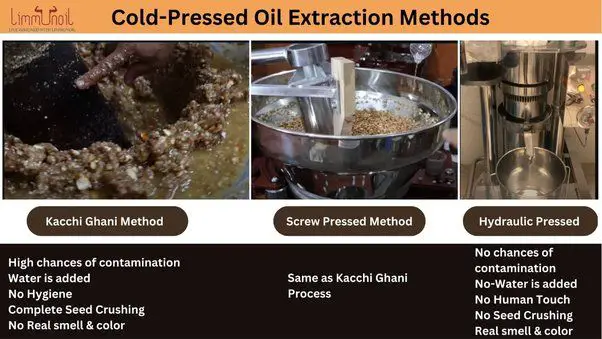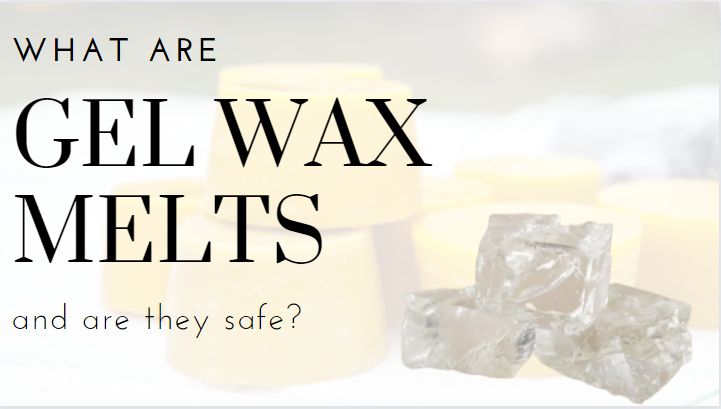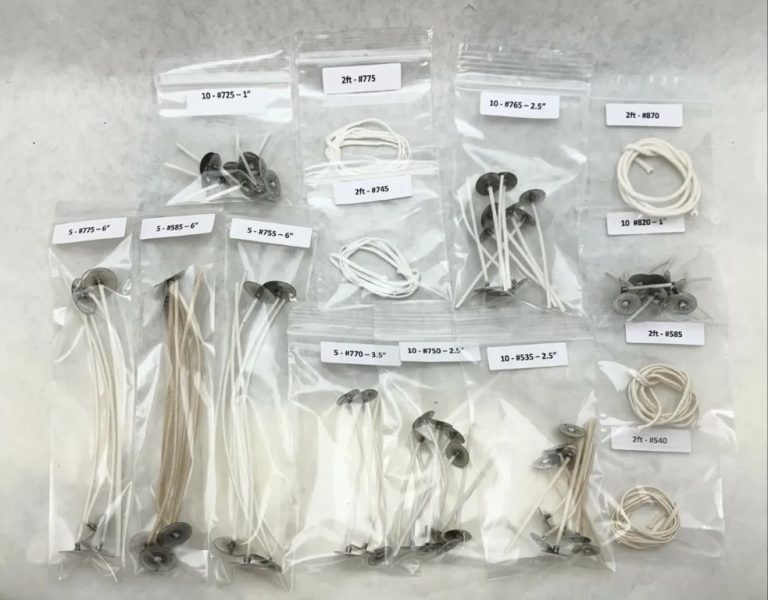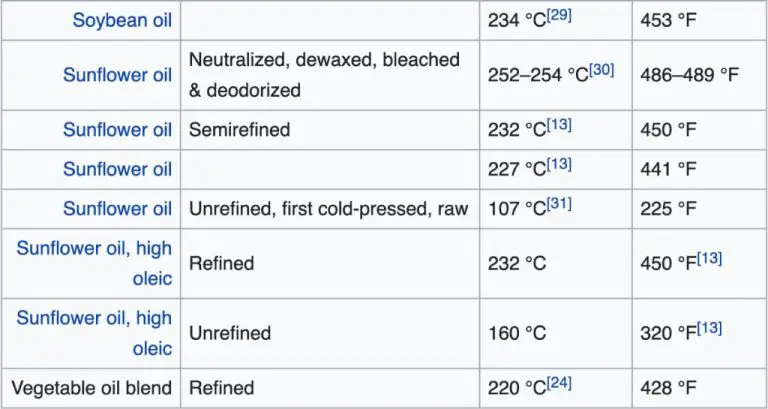Is Woo Coconut Love Oil Edible?
What is Woo coconut love oil?
Woo coconut love oil is an organic coconut oil-based product designed for intimacy and massage. It is made by Woo More Play, a company that specializes in natural intimacy products. The main ingredient in Woo coconut love oil is organic virgin coconut oil along with smaller amounts of sweet almond oil, vitamin E oil, and lemon peel oil for scent (Woo More Play Coconut Love Oil).
According to the manufacturer, Woo coconut love oil can be used as a personal lubricant, massage oil, or moisturizer. It is marketed as an all-natural, vegan-friendly intimate product. The oil is very smooth and slippery, absorbs slowly into skin, and has a light coconut aroma from the lemon peel oil. It comes in a 4oz plastic bottle with a flip-top dispensing cap.
Woo coconut love oil is free of chemicals, parabens, glycerin, and ingredients that could disrupt vaginal pH balance. The company advertises it as safe for sensitive skin. It is hypoallergenic and contains no added fragrances. The oil is also edible since the ingredients are food-grade (Woo Coconut Love Oil).
Is coconut oil safe to ingest?
Coconut oil has become a popular food ingredient and supplement in recent years due to purported health benefits like improving brain function, promoting weight loss, and boosting immunity. However, research on coconut oil’s effects on health has shown mixed results.
On the potential benefits side, coconut oil contains medium-chain triglycerides (MCTs) like lauric acid that may be metabolized differently than most other fats, leading to quicker energy absorption and small increases in metabolic rate [1]. Some studies suggest MCTs may help control appetites as well [2]. Lauric acid in particular may also have antimicrobial effects in the body.
However, coconut oil is still high in saturated fat. Diets high in saturated fats are associated with increased “bad” LDL cholesterol levels and higher risks of cardiovascular disease. No long-term studies have conclusively shown coconut oil lowers cardiovascular risks compared to unsaturated plant oils like olive oil.
Overall, incorporating small to moderate amounts of coconut oil may provide some benefits, but overdoing it without balancing unsaturated fat intake could negatively impact heart health. Limit coconut oil to no more than 2 tablespoons per day as part of a varied diet focused on fruits, vegetables, whole grains, lean proteins, and other healthy fats like olive and avocado oils.
Coconut oil extraction methods
Coconut oil can be extracted using a variety of methods. The main methods are:

Refined coconut oil – This oil is extracted from dried coconut meat called copra. The copra is refined using high heat and chemical solvents like hexane to extract the oil. This process strips away many nutrients, so refined coconut oil is not considered as healthy (Ng et al., 2021).
Unrefined coconut oil – This is extracted from fresh coconut meat instead of copra. There are two main methods:
– Expeller-pressed – Coconut meat is pressed to squeeze out the oil. This preserves more nutrients but has a lower yield than other methods (Sundrasegaran, 2020).
– Cold-pressed – Coconut milk is extracted from fresh meat then fermented naturally. The oil separates and rises to the top where it is skimmed off. This retains more flavor and nutrients.
Unrefined coconut oil like cold-pressed is considered the highest quality and healthiest option (Ng et al., 2021).
Uses of Woo coconut love oil
Woo coconut love oil has several versatile uses, including topical, aromatherapy, and edible applications.
Topically, Woo coconut love oil can be used as a massage oil, moisturizer, and personal lubricant. It glides smoothly onto skin and provides nourishing hydration. The oil is also safe for sensitive areas of the body.
For aromatherapy, Woo coconut love oil has a light, sweet coconut scent that can be calming and relaxing when inhaled or used during massage. The aroma makes it a sensual addition to intimate activities.
Woo coconut love oil is also edible. The organic, food-grade oil can be consumed by itself or used for cooking and baking. The oil contains medium-chain triglycerides like lauric acid that provide energy. It adds a tropical flavor when used in drinks or recipes.
Overall, the versatility of Woo coconut love oil allows it to be used topically, aromatically, and as an edible oil. Its moisturizing and nourishing properties make it suitable for skin, while the coconut aroma provides a pleasant sensual experience.
Nutritional profile
Coconut oil is rich in healthy saturated fats. Around 90% of the fatty acids in coconut oil are saturated fat. The predominant type is lauric acid, which makes up nearly 50% of the total fatty acid content. Coconut oil also contains medium chain triglycerides (MCTs), which are easily digested and absorbed by the body (1).
In addition to healthy fats, coconut oil contains several essential vitamins and minerals. One tablespoon contains around 0.2 mg of vitamin E, a fat-soluble antioxidant. It also provides small amounts of iron, magnesium, calcium, manganese, zinc, and B vitamins (2).
Overall, the fatty acid composition and micronutrient content make coconut oil a nutritious addition to the diet. However, it is high in calories, so moderation is key.
(1) Amazon.com: Woo More Play Coconut Love Oil
(2) Coconut Love Oil
How to Use Woo Coconut Love Oil as an Edible Oil
Woo Coconut Love Oil has a variety of uses as an edible oil in the kitchen. Here are some ways you can incorporate it into your cooking and baking:
Cooking: Use Woo Coconut Love Oil for sautéing, stir-frying, grilling, or roasting vegetables, meats, fish, eggs, or tofu. It has a high smoke point so it won’t burn or smoke easily. The oil adds a light coconut flavor to dishes.
Baking: You can substitute Woo Coconut Love Oil for other oils or butter in recipes for cookies, cakes, muffins, breads, and more. It will add moisture and richness. Start by replacing only half the butter or oil called for, as coconut oil is very concentrated in flavor.
Smoothies: Add a teaspoon or two of Woo Coconut Love Oil to fruit smoothies. It blends up creamy and adds healthy fats and texture. The coconut flavor pairs well with tropical fruits.
Sauces and Dressings: Whisk some Woo Coconut Love Oil into homemade salad dressings, marinades, pasta sauces, or drizzle over steamed vegetables.
Beverages: Add to coffee, tea, hot chocolate, protein shakes or blend into cold blended coffee drinks. It adds a silky texture.
Taste and Quality
Users on Amazon generally describe Woo Coconut Love Oil as having a mild and pleasant coconut flavor and aroma. The texture is noted as being smooth, silky, and non-greasy. According to reviews, the oil “has a nice slick feel and doesn’t get sticky or tacky” (Customer reviews, n.d.). The high-quality organic coconut oil provides good glide and long-lasting moisture without irritation, making it ideal for massage and intimate play.
One reviewer says “I was extremely pleased with the product. I would highly recommend Woo Coconut Love Oil to all my Joilet buddies” (Amazon, n.d.). The smooth texture and mild, natural flavor profile seem to be universally enjoyed by users.
How much to consume
According to health experts, 1-2 tablespoons (15-30 ml) per day is a recommended safe dosage for coconut oil. Consuming more than 3 tablespoons (45 ml) daily should be avoided unless under medical supervision (1).
The most beneficial dosage seems to be 1-2 tablespoons per day, which provides health benefits without going overboard. This amount can easily be incorporated into cooking or drinks.
Some tips for adding this amount of coconut oil to your diet include:
- Add 1-2 teaspoons to a smoothie or coffee
- Use it as a replacement for butter or vegetable oils when cooking
- Include it as part of recipes for baked goods like muffins
Going above 2-3 tablespoons may not provide additional benefits and may cause negative side effects like diarrhea in some people. It’s best to start low at 1 tablespoon per day and gradually work up to 2 tablespoons if tolerated (1).
(1) https://www.healthline.com/nutrition/how-to-eat-coconut-oil
Risks and side effects
While coconut oil has some health benefits, there are also some potential risks and side effects to be aware of:
Allergies
Coconut oil allergy is rare, but some people are allergic to coconuts and coconut-based products like coconut oil. Allergy symptoms may include hives, eczema, skin reddening, itching, swelling, and anaphylaxis in severe cases (WebMD).
Cholesterol
Coconut oil is high in saturated fat. Consuming too much saturated fat from any source may raise LDL (bad) cholesterol levels, which increases heart disease risk (Harvard Health). However, coconut oil may raise HDL (good) cholesterol too. Overall effects on cholesterol likely depend on the individual.
Weight gain
Like any oil, coconut oil is high in calories. Consuming too much can lead to excess calorie intake and weight gain over time. Limit portion sizes to avoid overconsumption of calories from coconut oil.
The verdict
After reviewing the production methods, nutritional profile, edible uses, and potential risks of Woo coconut love oil, the verdict is that it can be safely consumed in moderation as part of a balanced diet.
Coconut oil that is labeled as food-grade, such as Woo coconut love oil, has been refined and processed specifically for ingestion. The extraction methods remove impurities and potential contaminants. Research shows that moderate intake of coconut oil can provide certain nutritional benefits thanks to its unique fatty acid profile.
When used in small amounts for cooking, baking, smoothies, coffee, or other edible purposes, Woo coconut love oil is considered safe for most people. Potential side effects like gastrointestinal distress are mainly associated with overconsumption. As with any food product, individuals with allergies or intolerances should exercise caution.
Overall, Woo coconut love oil that is marketed as an edible oil can be safely eaten and provides a tasty way to get beneficial medium chain triglycerides. As always, moderation is key to harnessing the potential nutritional advantages while avoiding adverse effects.





